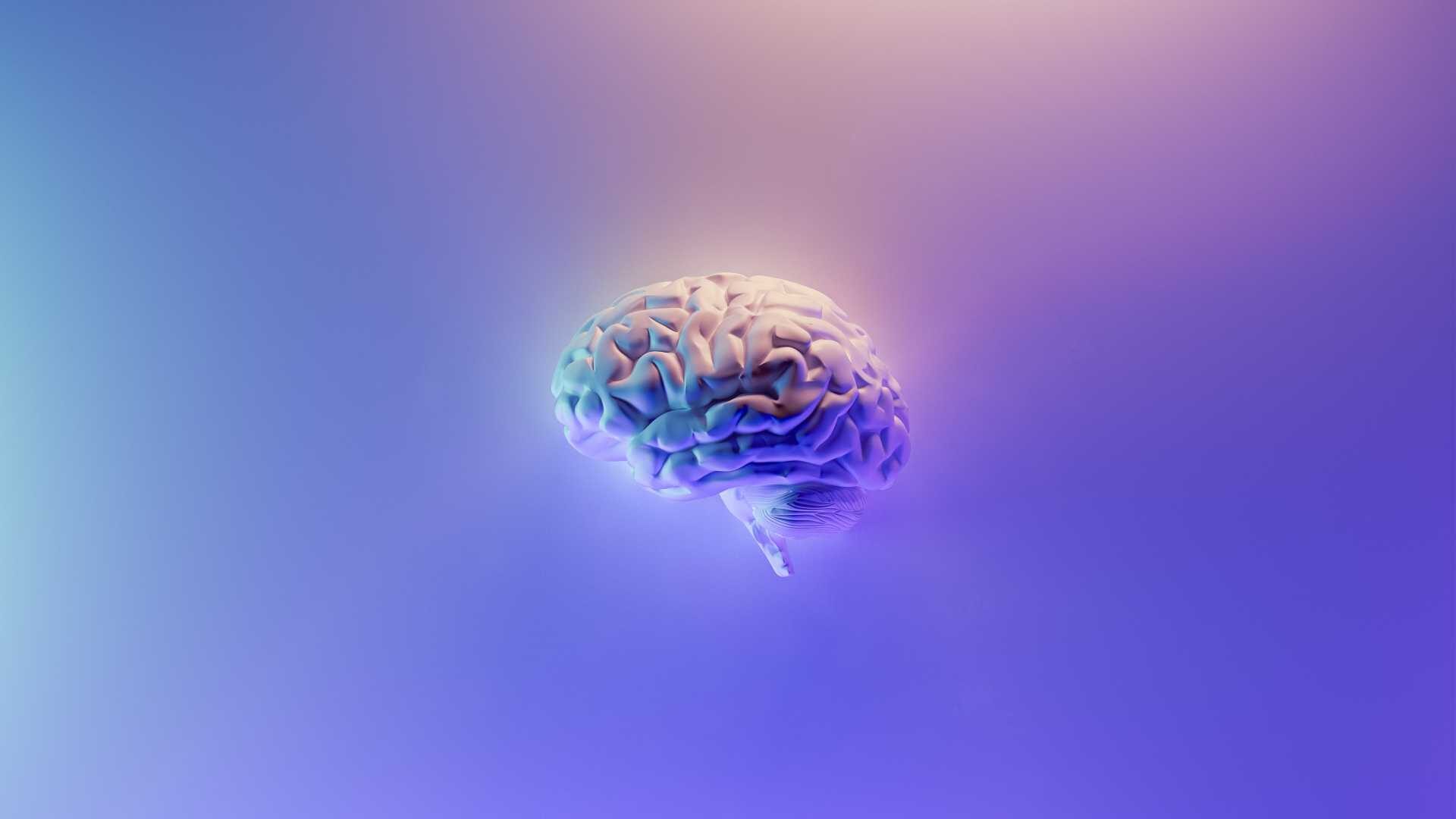A recent World Economic Forum study confirmed that critical thinking tops the list of skills that employers value in their workforce. It was also reported that critical thinking would become of even greater importance in the coming years. Those who master the practice of critical thinking make excellent leaders and are highly valued and respected members of the workplace.
So, what is critical thinking and how can you, as a learning leader, cultivate it on the job?
What Is Critical Thinking?
Critical thinking has developed many definitions over the years. However, in its simplest explanation, it is the ability to think logically and reasonably through detaching yourself from subjective opinions, emotions and bias. Critical thinking involves analyzing all the information available and interpreting the facts to solve a problem or make an informed decision or judgement.
Training professionals regularly utilize their critical thinking skills to adapt to change, face complex situations and be cognizant of the point of view of diverse groups. The 21st century requires trainers to regularly think and reevaluate their decisions that affect their work and life. For instance, many training professionals had to shift their programs to accommodate remote learners amid the COVID-19 pandemic. There’s also many new factors to consider when onboarding new employees remotely. Critical thinking helps training professionals analyze how their programs can evolve to best meet the needs of their learners.
Individuals who excel at critical thinking work hard to learn the skills and practices involved and consciously commit to the habit of using these skills to guide their behavior and decision making. To hone your critical thinking skills, make sure to:
- Clarify Your Thinking
More than ever, we are bombarded with information daily. Yet, effective critical thinking requires an ability to turn down the noise and overstimulation and focus on your purpose and context.
- Question Your Sources of Information
To think critically about the information you’re consuming, ask yourself: Are your sources of information credible, reliable and free of bias?
- Identify and Analyze Possible Counterarguments
Identifying counterarguments allows you to understand different structures of thinking and broadens your thoughts on a particular topic. Before making your own evaluation, it is essential to interpret and understand the varying information and opinions associated with a given decision. Analyzing different arguments, and the reasons and evidence behind them, ensures that you have a deep understanding of multiple perspectives before coming to your own conclusion.
- Create Your Own Informed Decision or Judgment
Once you have critically evaluated the information and differing perspectives, you can successfully integrate all the insights into the development of your own argument. Your argument is likely to be robust because you can articulate the reasons and evidence behind your decision and your analysis of the opposing views.
Why Is Critical Thinking Important at Work?
Critical thinking encourages us to slow down and gather relevant information before making decisions. By practicing critical thinking, learning leaders are more likely to develop training programs that are strategically aligned to business goals.
Training professionals should also encourage learners to think critically. When employees think critically, they will achieve the following benefits:
- Improved Communication
When employees can think critically and remain open-minded about a topic, the quality of communication improves. In addition, employees can more freely consider other arguments, which fosters more meaningful and valuable discussions.
- Increased Emotional Intelligence
Employees who can think critically are less driven by emotions during the decision-making process. Critical thinking also encourages respectful analysis and consideration of other opinions.
- Saves Time and Money
Rash decisions can be costly, resulting in inefficient use of time and money. Employees who practice critical thinking make considered decisions and identify problems early on.
- Increased Creativity
Critical thinking encourages employees to think outside the box and be open to new ideas and perspectives. This increase in creativity improves problem-solving and opens avenues for exploring growth and development. Critical thinking is highly important in careers related to data and design, such as website designers. Invicta Agency reported that experienced web designers must navigate their way in creating a visually engaging platform while keeping their customer-centric data in mind. Thus, training professionals working in these fields should pay extra attention to teaching critical thinking.
- Encourages Self Reflection
The process of critical thinking involves being curious about other people’s perspectives and personal beliefs. This practice opens the door for self reflection, which can be a powerful tool in decision making.
Simple Habits That Increase Critical Thinking
The good news is that critical thinking is a practice that can be learned. So, what should we be doing every day to increase our critical thinking ability?
Ask Questions
- Get curious about the problem you are trying to solve.
- Ask yourself questions that encourage broader thinking, such as:
- What do I already know?
- Where is my information coming from?
- What might I be missing?
- What are the opposing views on the topic?
Have a Clear Goal and Purpose
When solving a problem or making a decision, you need to be crystal clear about what you are trying to achieve. Take time to identify and outline the steps you need to take to achieve the desired outcome. Creating a robust action plan can help you stay focused and deliver more impactful training programs.
Be an Active Listener
Critical thinking involves getting curious about other people’s opinions and thought structures. When we actively listen and seek to understand before judging, it encourages open dialogue and yields more meaningful insights. Remember, you can’t make an informed decision without first analyzing all of your options.
Be Aware Of Your Personal Biases
We all carry personal biases on topics, whether we are aware of them. Our life experiences and upbringing contribute to our opinions and thoughts on many issues. Awareness of your biases allows you to think more critically and reduces the chance of them influencing your decision making process.
Think Ahead
When problem solving, getting caught up in the urgency and finding a solution that works now is easy. However, good critical thinking will involve some foresight. Taking time to think about how your decision (whether it’s selecting a new learning management system or determining which training delivery modality to use) will impact different aspects of the business both now and in the future can save time and money. In addition, developing a list of benefits and consequences of a solution and seeking insight from varying stakeholders can help you make an informed decision.
Key Takeaways
Critical thinking is not a skill we’re born with; it takes time and dedication. While the practices involved in maintaining a critical thinking mindset are not difficult, they are often forgotten in our fast-paced economic world. However, the benefits of cultivating critical thinking in the workplace are numerous. Taking the time to practice the habits daily will change your decision-making process and put you on a path to personal and professional success.






